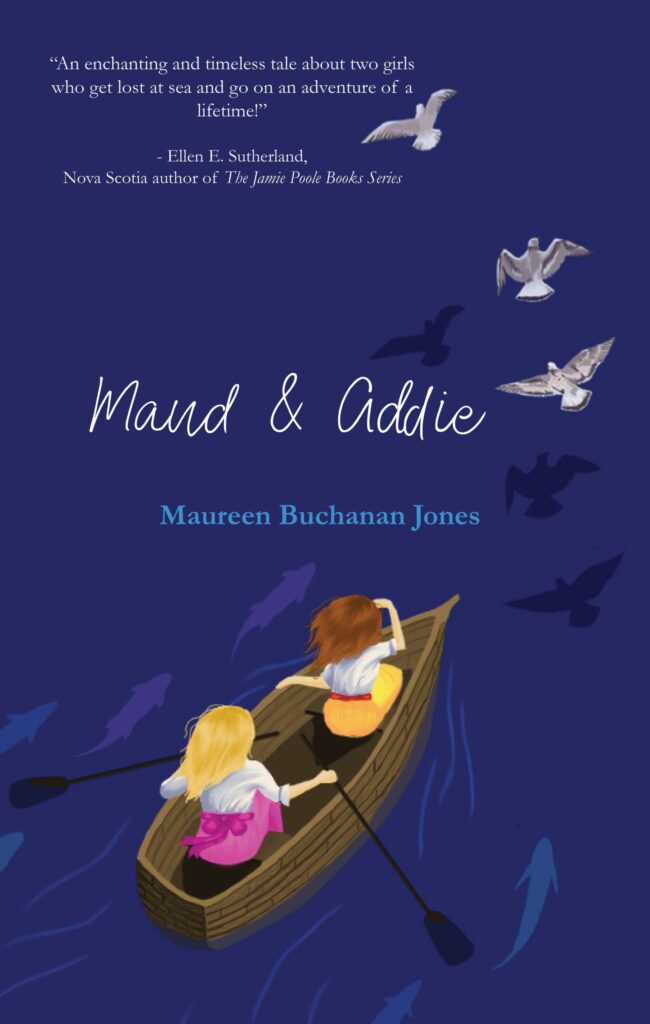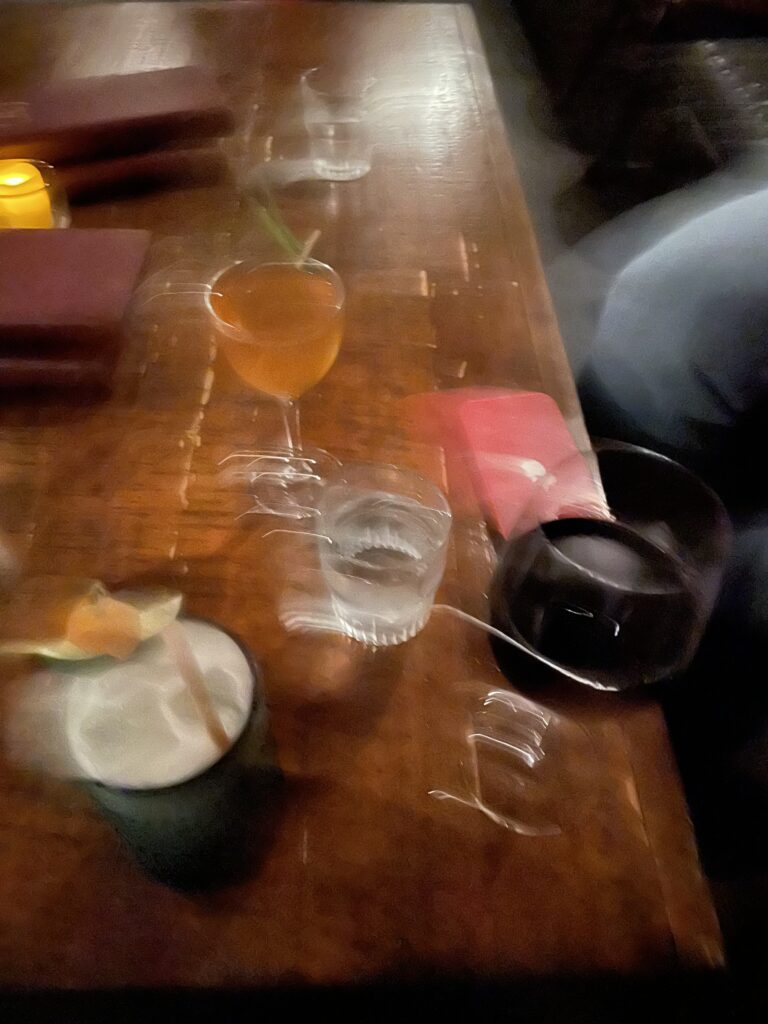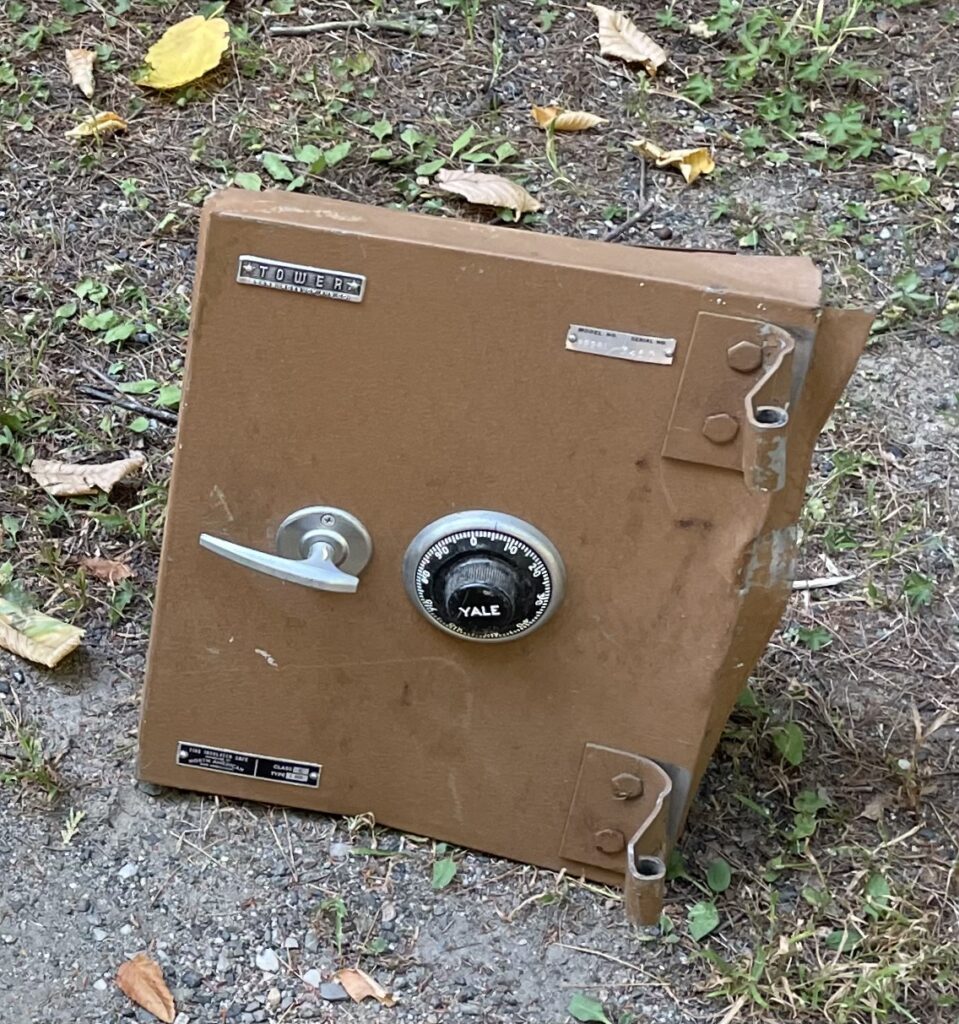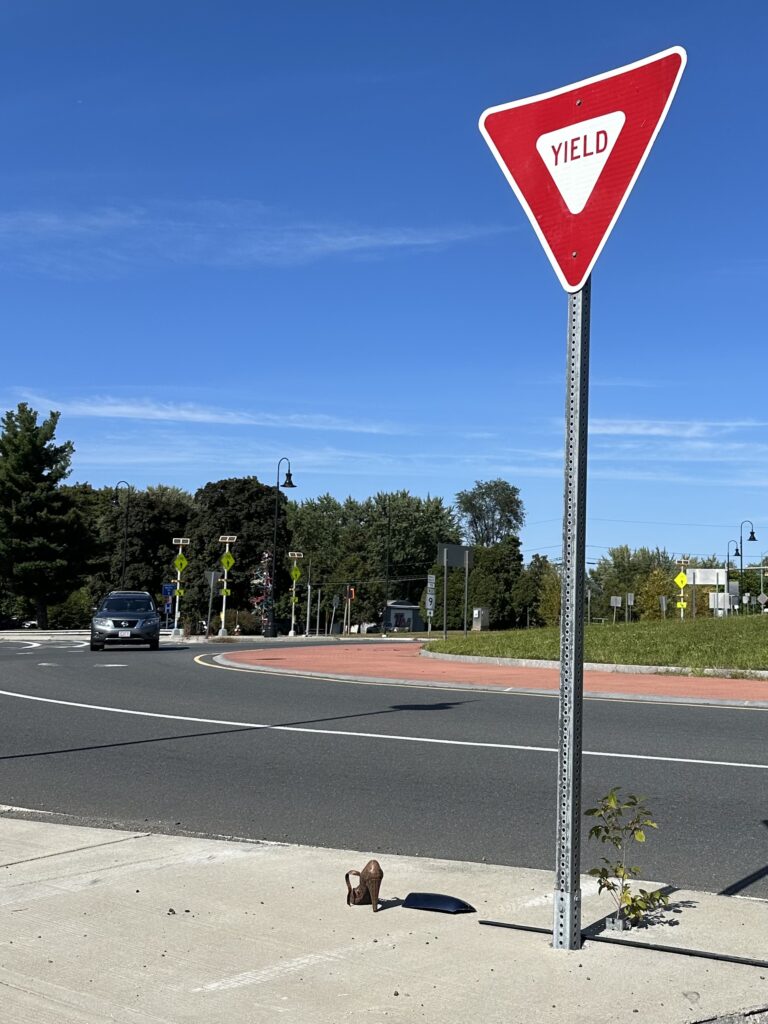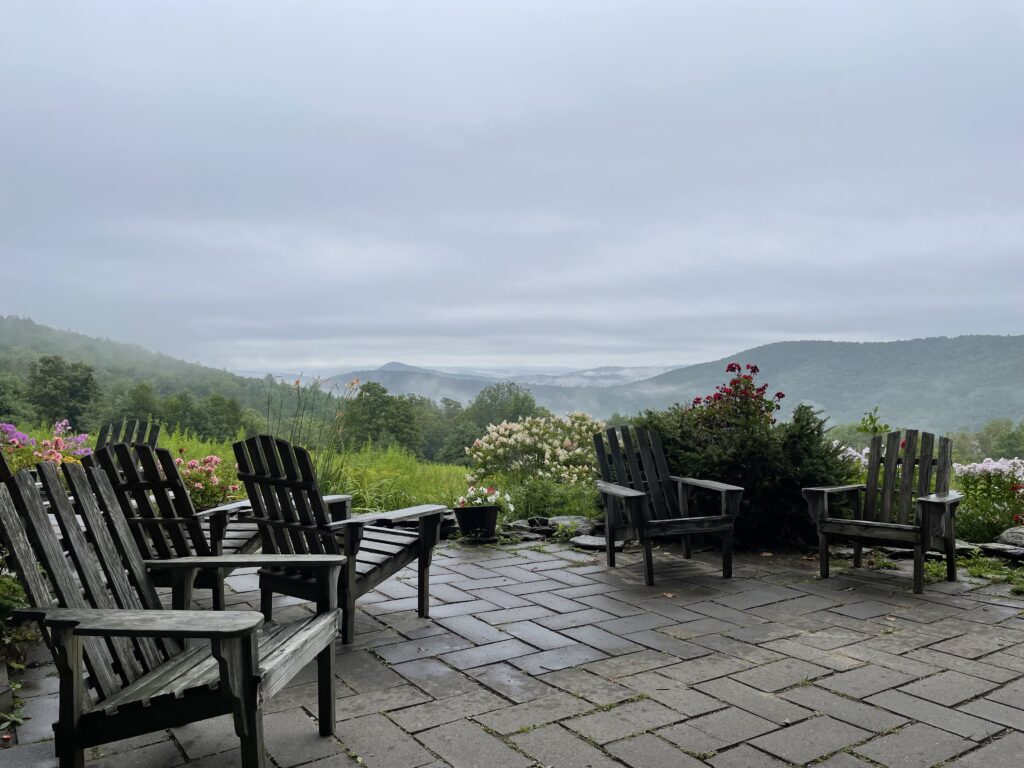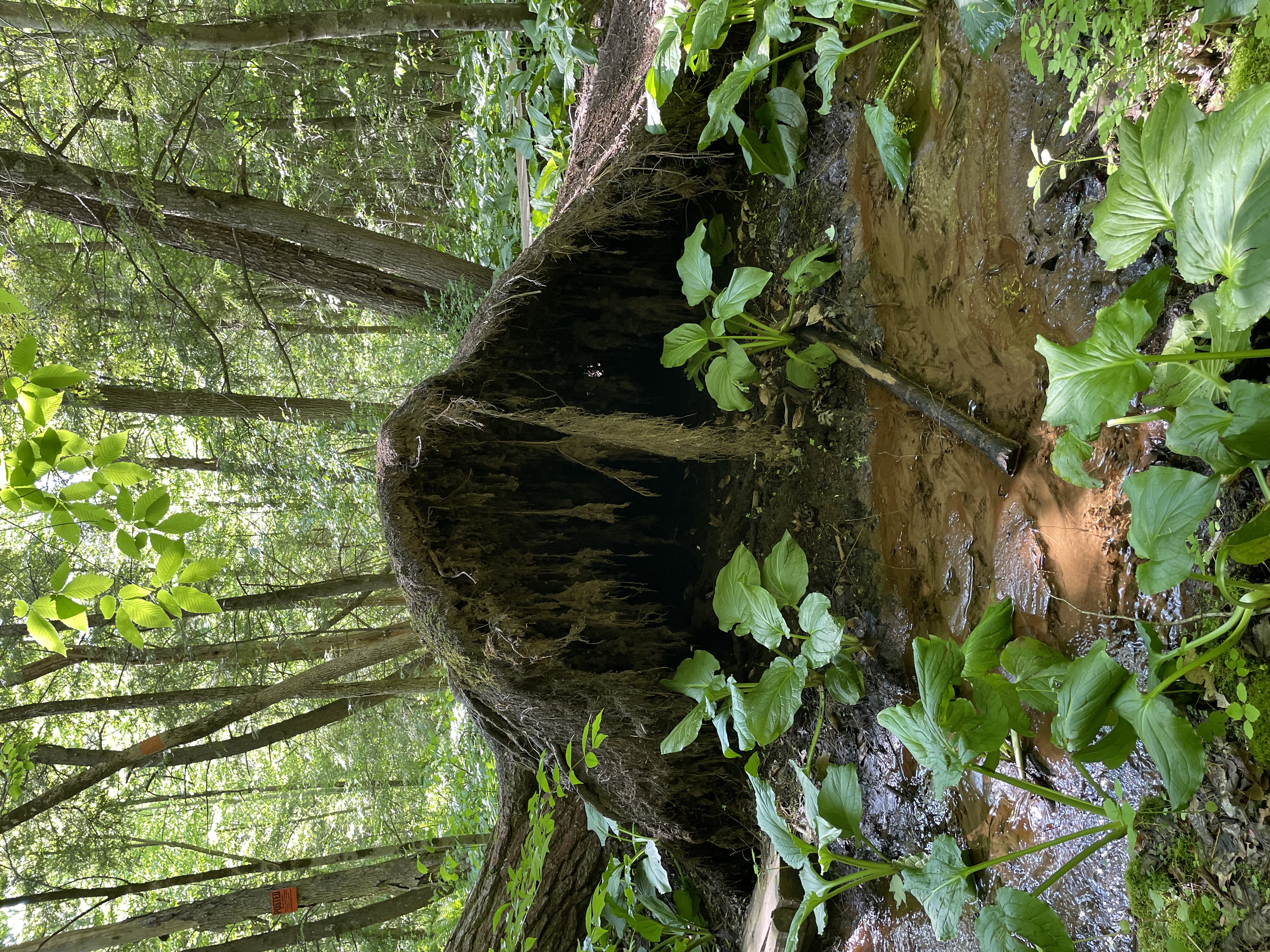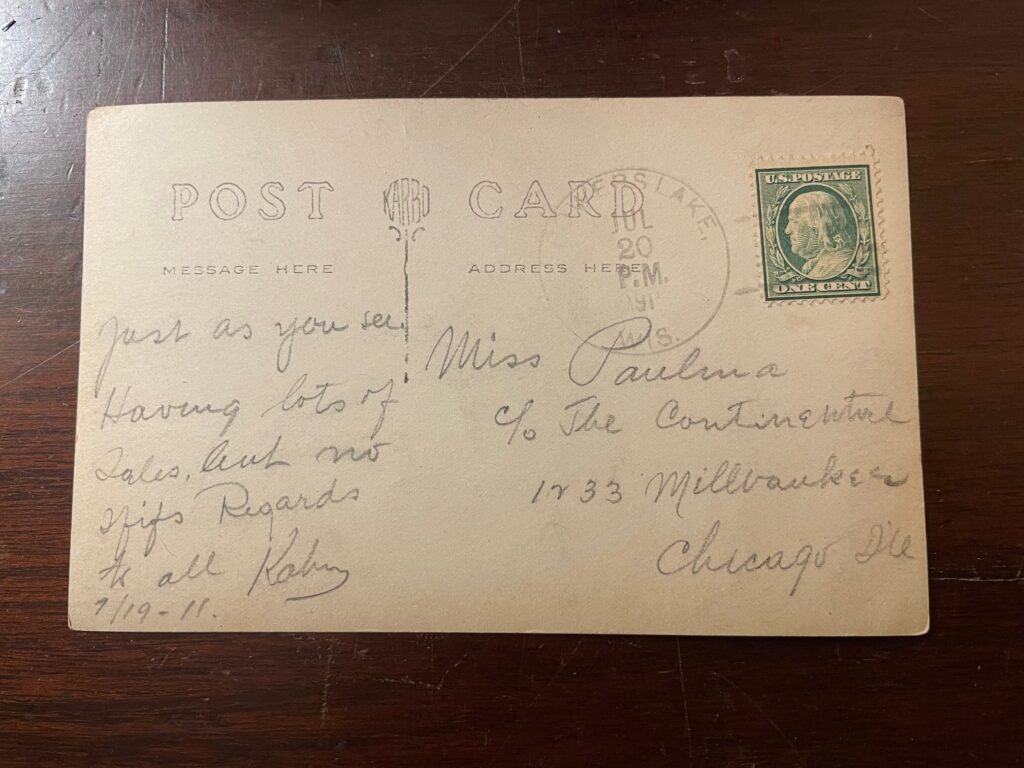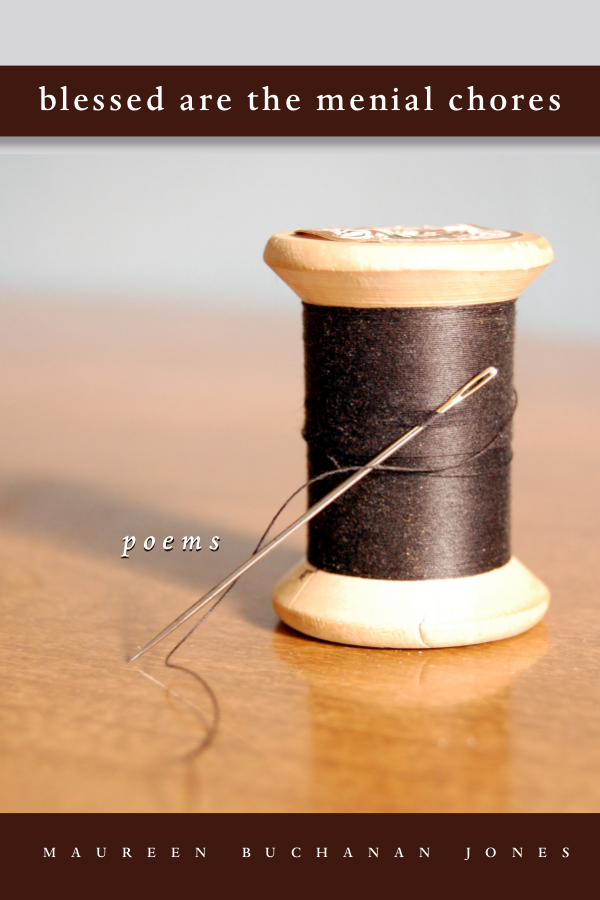Isn’t that just like her! No human being is perfectly predictable, but most of us have personalities and characteristics that are founded in our experiences. We show our individuality as we reveal ourselves through the responses we have to what life continues to give us. For a writer, our characters’ predictability or eccentricity is explored through every scene we write.
Smitty arrived many weekday afternoons about 3:30, and asked me “What’s the movie?” He’d come in, get comfortable at the end of the couch while I took care of my new baby. She’d fall asleep, and Smitty and I would watch the 4 o’clock movie on WLVI Channel 56 out of Boston. It was winter. Smitty, a man in his late fifties, was an out-of-work house painter. He drank a bit too. It was easy to see Smitty as a comic character, because he was something of a not-too-sharp bumbler. He was never serious about much, and as an old friend of the family he was easy company for a young mother left much on her own. One day, I put the baby in the bassinet, went to the kitchen to make myself tea, and burned my hand on the stove. At the same time the baby woke and started crying. Smitty expertly picked up the baby in the crook of his arm, came into the kitchen and led me to the sink, running cool water over my hand. “There now, not so bad,” he repeated and repeated to me and the baby. He gave me his shy smile, the baby quieted, my hand still stinging but not throbbing. I thought This is so like him. Even though he surprised me, it made sense. His simple, gentle kindness was very much in character.
So when we ask ourselves: Are our characters being true to themselves? How can we know? We writers have to reverse engineer someone like Smitty. We have to witness a character engaging with the world: test the authenticity of their reactions and interactions against who we believe them to be. Is this the quality this character would embody? That is the right question, and the answers, oddly enough, can only come from the characters themselves. Listen to them; watch them. They will feel awkward and stiff when the gestures, decisions, and dialogue don’t fit them. It’s like giving them the wrong sized shoes. Write from your affection for, curiosity about, or fear of them. They will surprise you, just as Smitty surprised me. Then you can know: Isn’t that just like them!
Upcoming Events
Fantasy/SciFi Workshop Online: July 12 & 13, 2025. 10:00 a.m. – 5:00 p.m. EDT.
Join me for two days of world building, establishing conflict and tension, developing character and their point of view, using dialogue to deepen plot and themes. We will write together in the workshop, listen and support each other’s work with respect. Spaces limited.
Cost $425.
Contact: maureen@maureenbjones.com
Write With Me at Mass MoCa! August 6 & 7, 2025.
Two days of wandering the wonders of this contemporary art museum and finding inspiration at every turn. We will spend several hours each day exploring the installations then gather in a private room to write, read, and listen to our own written art.
Cost: $850.
Contact: maureen@maureenbjones.com
Publishing News
Maud & Addie are featured on Children’s Book Council’s “Things That Go!” Showcase!
@children’sbookcouncil @CBC Showcase #kidlit
Prompt Photo





